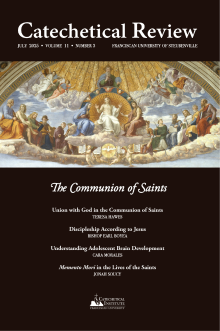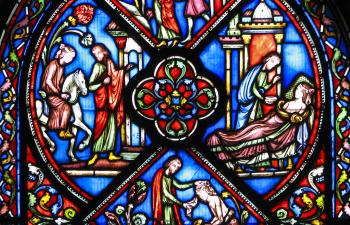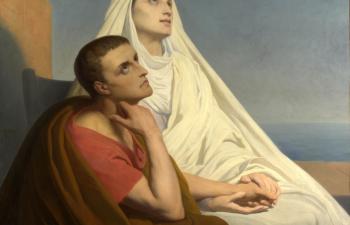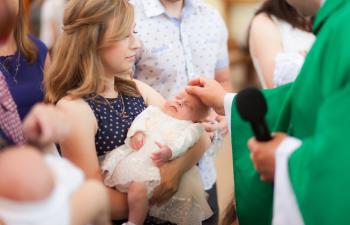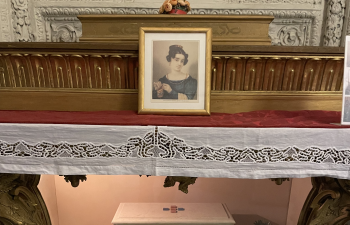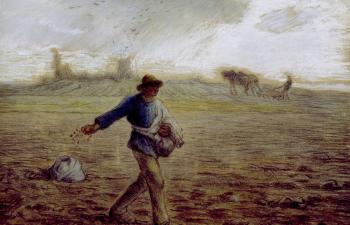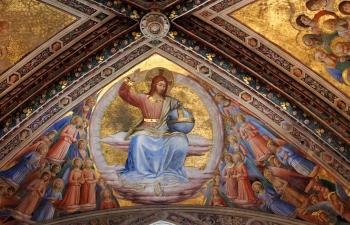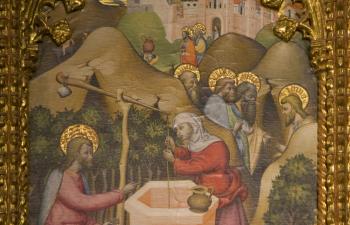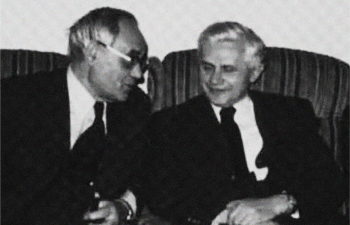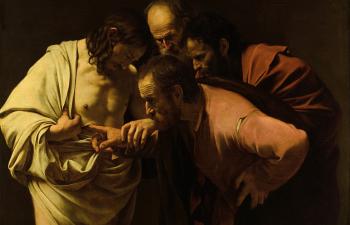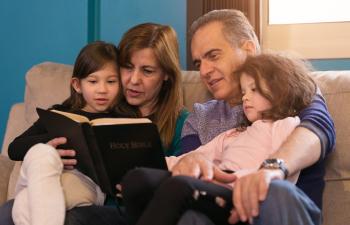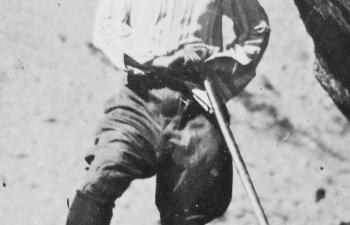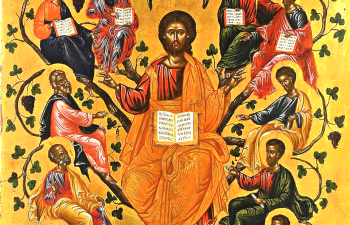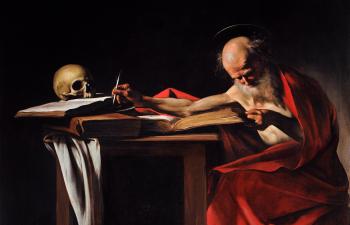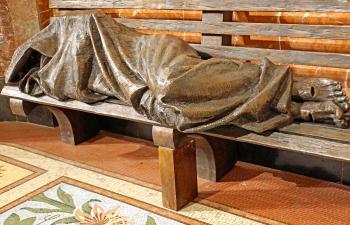 The modern ethos regarding sin is a perplexing one. On the one hand, it seems that everything is morally okay, so long as it does not hurt anyone else. Yet, on the other hand, there are very strange and strict social sins that are virtually forbidden unless one wants to end up ostracized by the modern (and oftentimes online) community. Sin today is treated with an increasingly permissive attitude. What stands out as the overarching theme of this new morality, however, is a law of radical individualism regarding sin. Everything is acceptable if it feels good for the individual, as long as social norms are not violated.
The modern ethos regarding sin is a perplexing one. On the one hand, it seems that everything is morally okay, so long as it does not hurt anyone else. Yet, on the other hand, there are very strange and strict social sins that are virtually forbidden unless one wants to end up ostracized by the modern (and oftentimes online) community. Sin today is treated with an increasingly permissive attitude. What stands out as the overarching theme of this new morality, however, is a law of radical individualism regarding sin. Everything is acceptable if it feels good for the individual, as long as social norms are not violated.
Our Communal Lord and Savior
This strange and ambiguous moral philosophy espoused by our modern world stands in sharp contrast to the revelation of Scripture and the teaching of the Church. Particularly, the law of radical individualism stands in opposition to our belief in the “Communion of Saints,” professed in the Creed. The Catechism is beautifully succinct in its identification of this entity: “The communion of saints is the Church” (946).
The Second Vatican Council emphasized the Church as the “People of God,” a descriptor that is very fitting in our age.[1] The Communion of Saints, therefore, must be seen in light of this community of persons around Christ, their head. This Communion of Saints is a true communion—a sharing among persons of what is held in common. The Catechism proceeds to express that what is shared in common are spiritual goods, which are shared among the People of God both on earth and in heaven. The antiphon of the Eastern liturgies captures this: “God’s holy gifts for God’s holy people” (CCC 948).
What emerges from this basic structure is the antithesis of radical individualism. As members of the People of God and of the Communion of Saints, we do not merely have a personal Lord and Savior but a God who, in gathering us into a community, acts within this communion. Jesus Christ saves us personally, but not alone; his work is mediated by the action of the entire Church, of which he is the head. Lumen Gentium, Vatican II’s Dogmatic Constitution on the Church, expresses this beautifully: “God, however, does not make men holy and save them merely as individuals, without bond or link between one another. Rather has it pleased Him to bring men together as one people” (no. 9).
The rest of this online article is available for current Guild members.
This article is from The Catechetical Review (Online Edition ISSN 2379-6324) and may be copied for catechetical purposes only. It may not be reprinted in another published work without the permission of The Catechetical Review by contacting [email protected]


